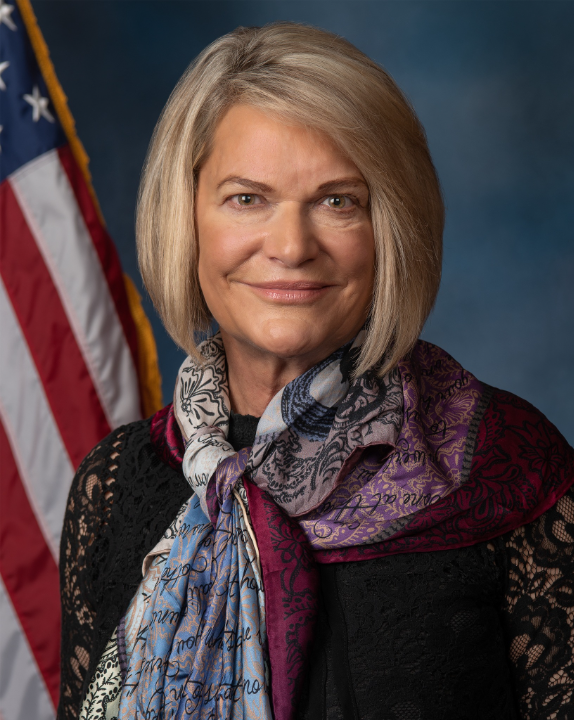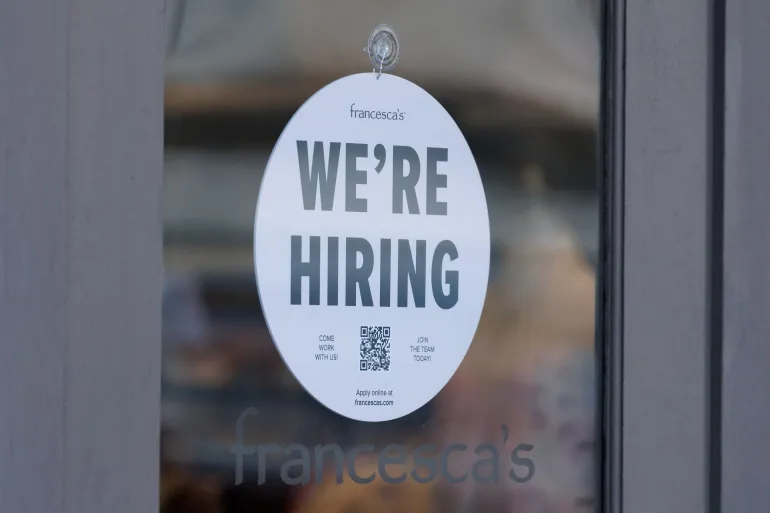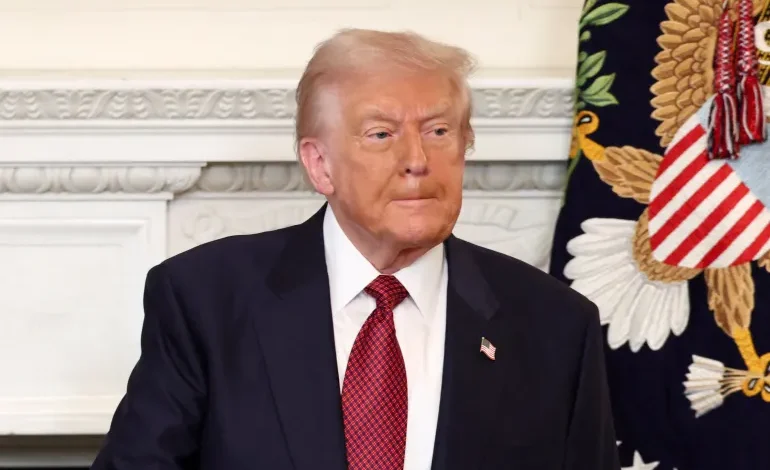The US Supreme Court put Donald Trump’s trade agenda under the microscope on Wednesday, pressing his administration’s lawyer on whether the Republican president overstepped his authority when he used a decades-old emergency law to impose tariffs that could reshape the global economy.
Arguing for the government, Solicitor General D. John Sauer faced pointed questions from both conservative and liberal justices over Trump’s sweeping use of the 1977 International Emergency Economic Powers Act (IEEPA), a law intended for genuine national crises, not long-term trade strategy.
Chief Justice John Roberts cut straight to the constitutional heart of the issue.
“The imposition of taxes on Americans has always been the core power of Congress,” he said. “These tariffs seem to be raising revenue — isn’t that Congress’s role?”
Trump invoked IEEPA to slap tariffs on nearly every major trading partner, claiming that trade deficits threatened US economic security. Sauer defended the move, saying it helped the president negotiate better deals and avoid “ruthless trade retaliation by far more aggressive countries.”
But several justices questioned whether the law’s vague phrase allowing the president to “regulate importation” really gave him the power to tax imports at will. “Can you point to any other place in history where that phrase has been used to confer tariff-imposing authority?” asked Justice Amy Coney Barrett.
The case hinges on what’s known as the “major questions doctrine,” which says presidents need clear congressional approval for actions of major economic and political significance. The same doctrine has been used to strike down big-ticket policies under Joe Biden.
Roberts challenged Sauer on why that standard wouldn’t apply here.
“The justification is being used for a power to impose tariffs on any product, from any country, in any amount, for any length of time. That’s major authority, so why doesn’t the doctrine apply?”
Sauer countered that the doctrine “does not apply in the foreign affairs context.” Roberts wasn’t convinced, suggesting that even national security justifications can’t override Congress’s explicit taxing powers.
Twelve Democratic-led states and dozens of businesses have challenged Trump’s tariffs, which lower courts previously ruled exceeded his authority. Trump, however, has urged the Supreme Court’s 6-3 conservative majority to preserve them, calling tariffs a cornerstone of his economic and foreign policy.
Treasury Secretary Scott Bessent said even if the administration loses this case, it would “switch to other legal authorities” to keep the tariffs in place.
A ruling is expected next year, one that could redefine the limits of presidential power over trade and taxation.










The latest news in your social feeds
Subscribe to our social media platforms to stay tuned